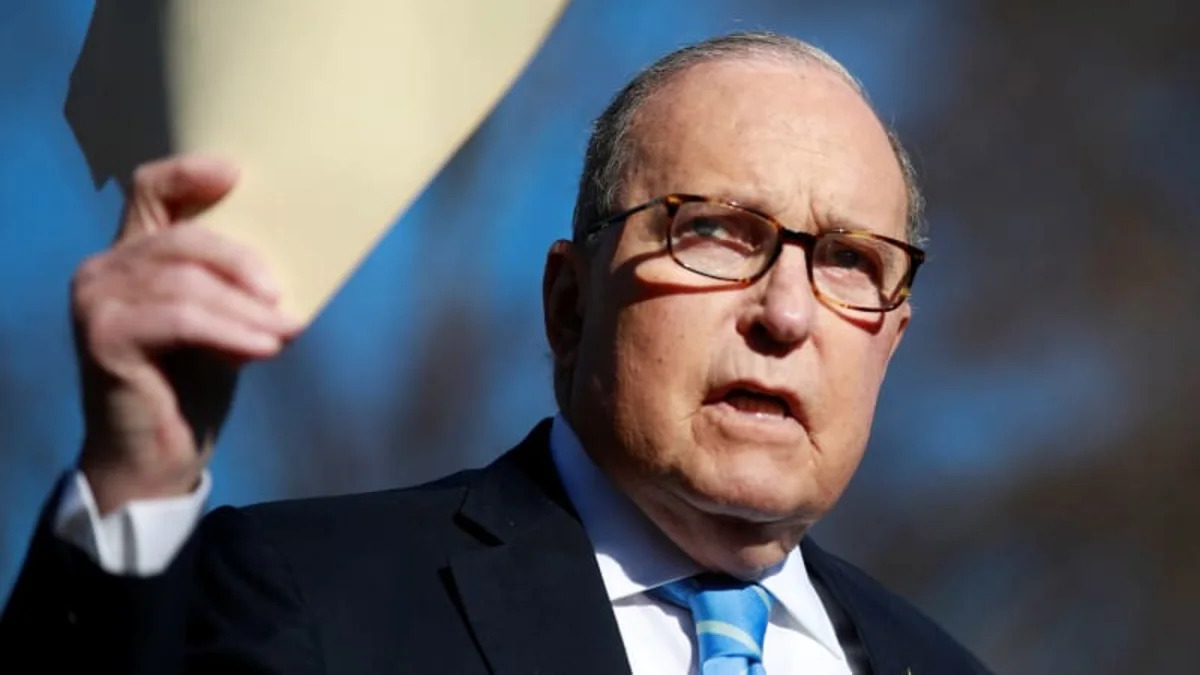White House economic adviser Larry Kudlow said on Monday the United States will end subsidies for electric cars and other items including renewable energy sources.
Asked about actions planned after General Motors announced U.S. plant closings and layoffs last week, Kudlow pointed to the $2,500-to-$7,500 tax credit for consumers who buy plug-in electric vehicles, including those made by GM, under federal law.
"As a matter of our policy, we want to end all of those subsidies," Kudlow said. "And by the way, other subsidies that were imposed during the Obama administration, we are ending, whether it's for renewables and so forth."
Asked about a timeline, he said: "It's just all going to end in the near future. I don't know whether it will end in 2020 or 2021."
EV subsidies have been a subject of debate recently among lawmakers. U.S. President Donald Trump threatened to end GM subsidies after the company announced plans to shut down production at some U.S. factories. In October, Republican Senator and chairman of the Senate Environment and Public Works Committee John Barrasso introduced a bill to kill off the federal incentives altogether.
Another Republican, Senator Dean Heller, in October proposed legislation that would lift the current cap on electric vehicles eligible for tax credits. A number of automakers, including Tesla, GM and Nissan, have called for Congress to lift the cap on EV tax credits.
Surely we'll hear more about federal tax credits for electric vehicles in the near future. The Trump Administration has called upon German automakers to meet in Washington for trade talks. BMW, Daimler and Volkswagen all have significant electric vehicle initiatives in progress with plans to sell — and even build — more plug-in vehicles in the U.S.
The tax credits are capped by Congress at 200,000 vehicles per manufacturer, after which the subsidy phases out. GM has said it expects to hit the threshold by the end of 2018, which means under the current law, its tax credit elegibility would be completely phased out in 2020. Tesla said in July it had hit the threshold. Other automakers may not hit the cap for several years.
Experts say the White House cannot change the cap unilaterally. U.S. President Donald Trump last week threatened to eliminate subsidies for GM in retaliation for the company's decision.
Kudlow made clear any changes in subsidies would not just affect GM. "I think legally you just can't," he said.
Democrats will take control of the U.S. House in January and are unlikely to agree to end subsidies for electric cars and many have been pushing for additional incentives.
Tesla and GM have lobbied Congress for months to lift the cap on electric vehicles or make other changes, but face an uphill battle make changes before the current Congress expires.
This article uses reporting from Reuters.
Related Video:


Sign in to post
Please sign in to leave a comment.
Continue